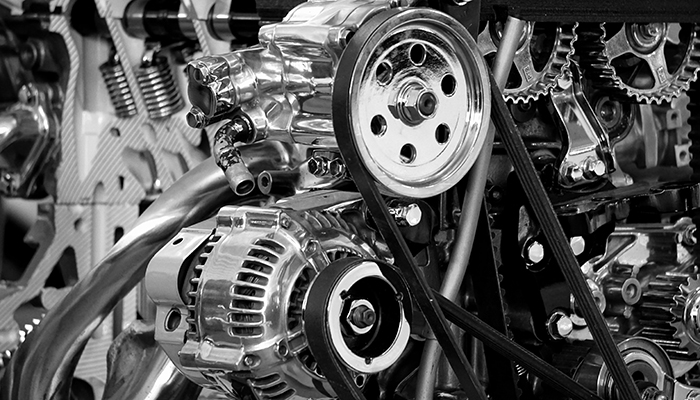Many people across the globe turn to Japan car auctions because they can find powerful JDM vehicles at affordable rates. It is not surprising why they love our cars. After all, Japanese engineering has been known to be among the best in the world. The roaring engines of some of our popular sports cars can go from a standstill to a speeding monster on the highway in a matter of seconds.
Do you ever wonder how a car does that? Well, you can attribute that magic to the transmission. Its gearbox is responsible for transmitting power from the engine to the rotating axles. Depending on the amount of power the gearbox draws from the engine, the axles initiate how the wheels will move. Keep in mind that this can only be possible when the system is sufficiently fed with transmission oil. As such, if the transmission pump goes bad, it can affect the performance of the entire transmission system.
In this post, we are going to discuss the 5 signs that tell you that your transmission pump is malfunctioning.
Pungent, Burning Odor
When your transmission pump has gone bad, the fluid will not be able to circulate in the transmission properly. Consequently, the system will start to overheat, burning the fluid. As part of your car maintenance routine, you should always check your transmission fluid. Doing so will also help you identify the pungent, burning odor. You will also notice that the fluid is darker than normal. Keep in mind that the same symptoms can manifest when your fluid levels are too low. So, it is important that you ensure that this is not the case.
More Challenging to Shift Gears
Since not enough transmission oil is being pumped into the system, your gears do not get proper lubrication. Consequently, you will notice that it is more difficult to shift the gears. This problem is quite noticeable in a car with manual transmission. When you try to shift the gear lever to another position, you will find it physically challenging to do. On the other hand, on a car with automatic transmission, you will notice a jerking movement whenever you accelerate.
Illuminating Check Engine Light
Most of the time, the Check Engine Light spells trouble. Keep in mind that this can possibly indicate a wide range of problems with your car. So, you need to get a diagnosis machine that reads the error code. On the other hand, you can always bring your vehicle to a proper automotive shop and have them read the code for you. If there are issues with the transmission pump, make sure that they address the problem promptly.
Noisy Transmission
Since the sprockets and gears are not lubricated properly, they will make noises. This happens due to the friction created when the transmission system operates. The friction will cause premature wear on the components, making the noise more noticeable. There will be more space between the teeth of the gear slack. On normal driving conditions, the teeth will smack together, creating a loud noise.
The Transmission Starts to Slip
The presence of debris and dirt in the transmission system causes problems for the pump. Once the pump inlets and outlets are blocked, the transmission will begin to slip. You will notice that after engaging the gears, they will have trouble staying in one or more positions. For example, if you place the shift lever to the third position, it will go back to gear two or even jump to the fourth gear.
As we’ve mentioned, a malfunctioning transmission pump can cause a host of issues for the entire transmission system. As such, when you see the symptoms we mentioned in this article, make sure you bring your vehicle to a service center as soon as possible.



